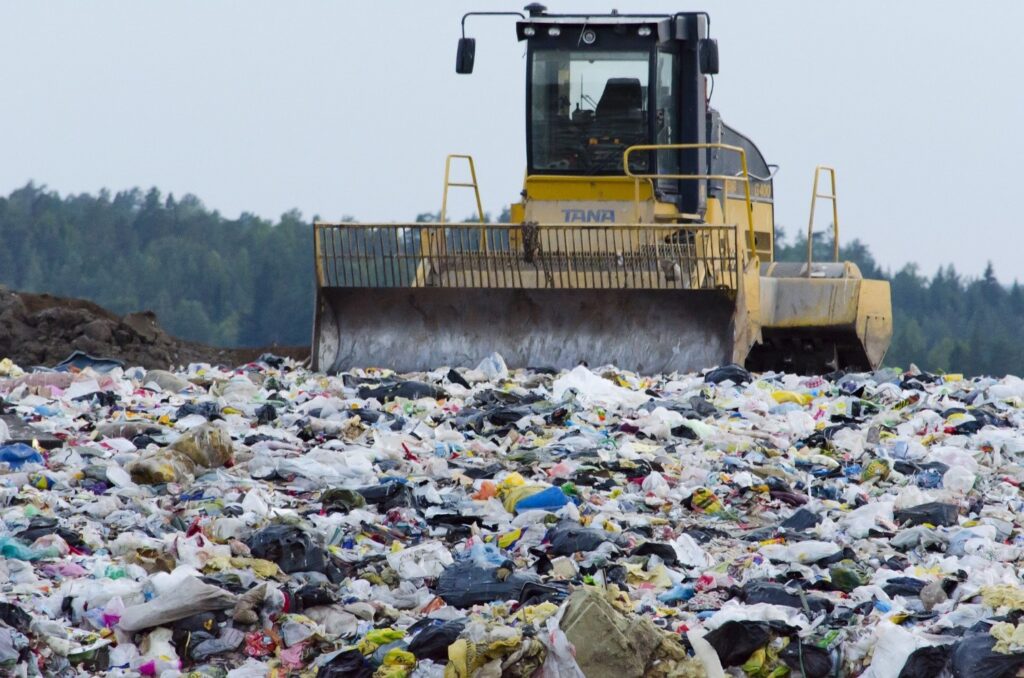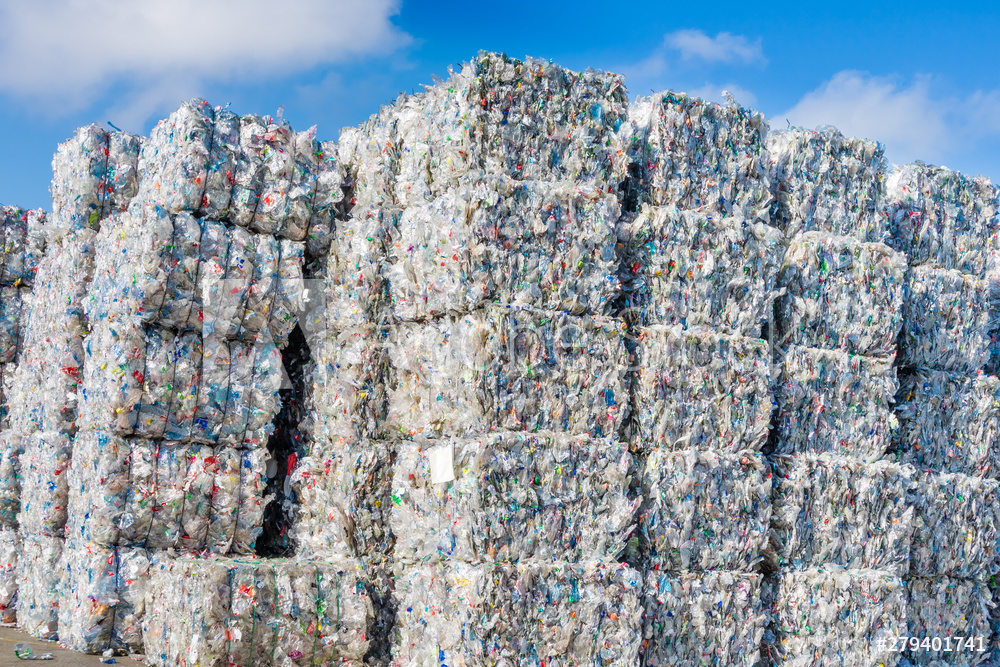Waste Management for Smart Businesses
What is waste? It is the unwanted material that is generated by human lifestyle. Is it important to manage waste? Yes, it is. The waste that is generated can affect the environment and thus it is in the hands of the producers and consumers to ensure that waste and plastic go to the bin without causing much harm.
According to a source, Urban India (about 377 million people) generates 62 million tonnes of municipal solid waste (MSW) each year.
Nowadays, India like foreign countries has developed strategies & practices to maintain a pollution-free and zero-waste environment. Envirotask strives to keep the promise to our Mother Earth and ensure waste management and plastic recycling. Some of the best waste management techniques are listed below:

The Indian Government has laid out the MSW Rules 2000 (Municipal Solid Waste). Thus every organization has to ensure they follow these rules. What are these rules all about? Every company/organization is responsible to manage waste, treat and dispose them under the EPR-Extended Producer Responsibility.
Can vermitechnology be imbibed on a large scale?
Yes, Vermigold, an organic waste recycling System makes this possible. By combinating vermiculture and high-end technology, organic waste can be recycled. Sources say Vermigold Ecotech has won the 2013 Energy Globe award from India. Now, this technology can be implemented by businesses to rule out organic wastes.
Waste is generated in tonnes and this fact cannot be denied. As part of waste management what can be the other alternatives after plastic recycling? Conversion of waste-to-energy is a sustainable idea. The Timarpur-Okhla Municipal Solid waste management project is an example. This being the first commercial facility in India aims to convert the garbage into electricity and thus stands as a model for other businesses. By this EPR-Extended Producer Responsibility is ensured and electricity generated can be used by local households. Every business must have a waste-to-energy solution.

Paper waste generated in firms, schools, and colleges also adds to the waste generated in our country. To ensure proper recycling of paper Greenobin a Gurgaon-based startup follows a model. Considering the EPR-Extended Producer Responsibility factor paper waste also must be managed. So the focus is on collecting the paper wastes and market them to paper recycling plants.
Waste segregation also matters when it comes to waste management. How many of us segregate waste in our household? Let’s Recycle is a social enterprise that manages Dry Waste and recycling. They collect Dry Waste from places of generation and segregate it into recyclable waste. This is then sent to authorized recyclers. This can be followed by businesses. Waste segregation when done by the producer can come a long way in the waste management practice.
More PRO-Producer Responsibility Organizations must be set up. The general public must be given enough awareness so that they can approach such organizations to do their part towards Mother Earth.
The acceptance of recycled products and the increasing need for environment-friendly initiatives drives smart businesses to adopt green measures. We at Envirotask are doing our part. Are you?




